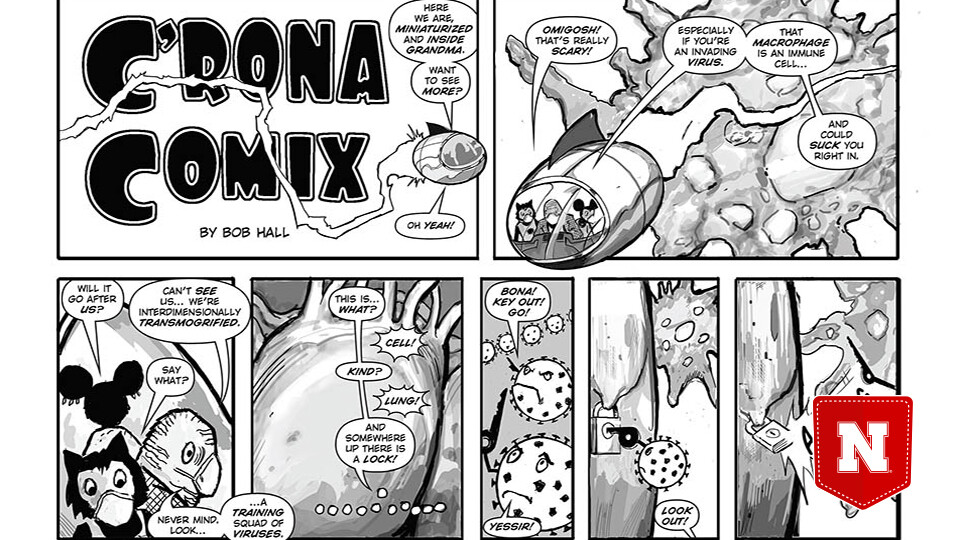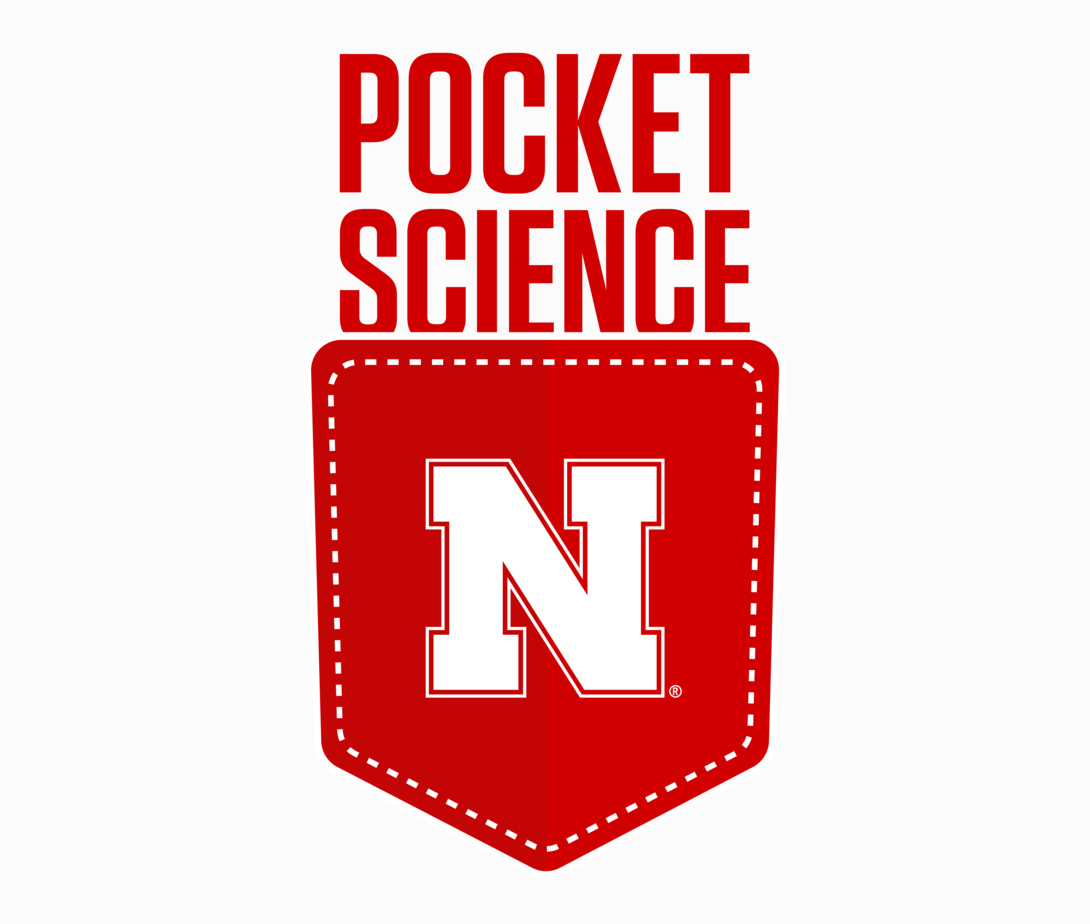
Welcome to Pocket Science: a glimpse at recent research from Husker scientists and engineers. For those who want to quickly learn the “What,” “So what” and “Now what” of Husker research.

What?
In a global pandemic, where new scientific research and information is developing and being shared rapidly, how can youth be better informed? Does the number and type of sources make them more knowledgeable? Can they glean new and accurate information from comics?
So what?
Researchers at the University of Nebraska–Lincoln, led by Trish Wonch Hill and Julia McQuillan, gathered data from a survey with 284 students in grades five through nine to discover how young people were gaining accurate knowledge about the COVID-19 pandemic, and if comics could be a valuable way to share accurate scientific information about the disease and how to prevent it.
In addition to completing a survey that covered general science interest, types of sources being accessed and knowledge of the pandemic, the participating students were also asked to read one of four C’RONA Comix, developed by scientists Judy Diamond, Liz VanWormer and others, along with artist Bob Hall, that each covered different topics related to COVID-19.
The results found a positive correlation between a higher number of sources and more accurate knowledge. Also, reading the comics was associated with a 7 to 29% higher accuracy in questions about the COVID-19 pandemic.
Now what?
Overall, the findings demonstrate the importance of accessible and accurate scientific information during a public health crisis, even among youth, and the need to disseminate that information across a variety of media.
While the current study, which was published in PLOS ONE, found that the number of sources matters in acquiring accurate knowledge, the authors suggest further research is needed to determine if the types of sources matter more, such as whether one legacy media source can be as useful as multiple other sources, and if knowledge leads youth to practice prevention behaviors.







